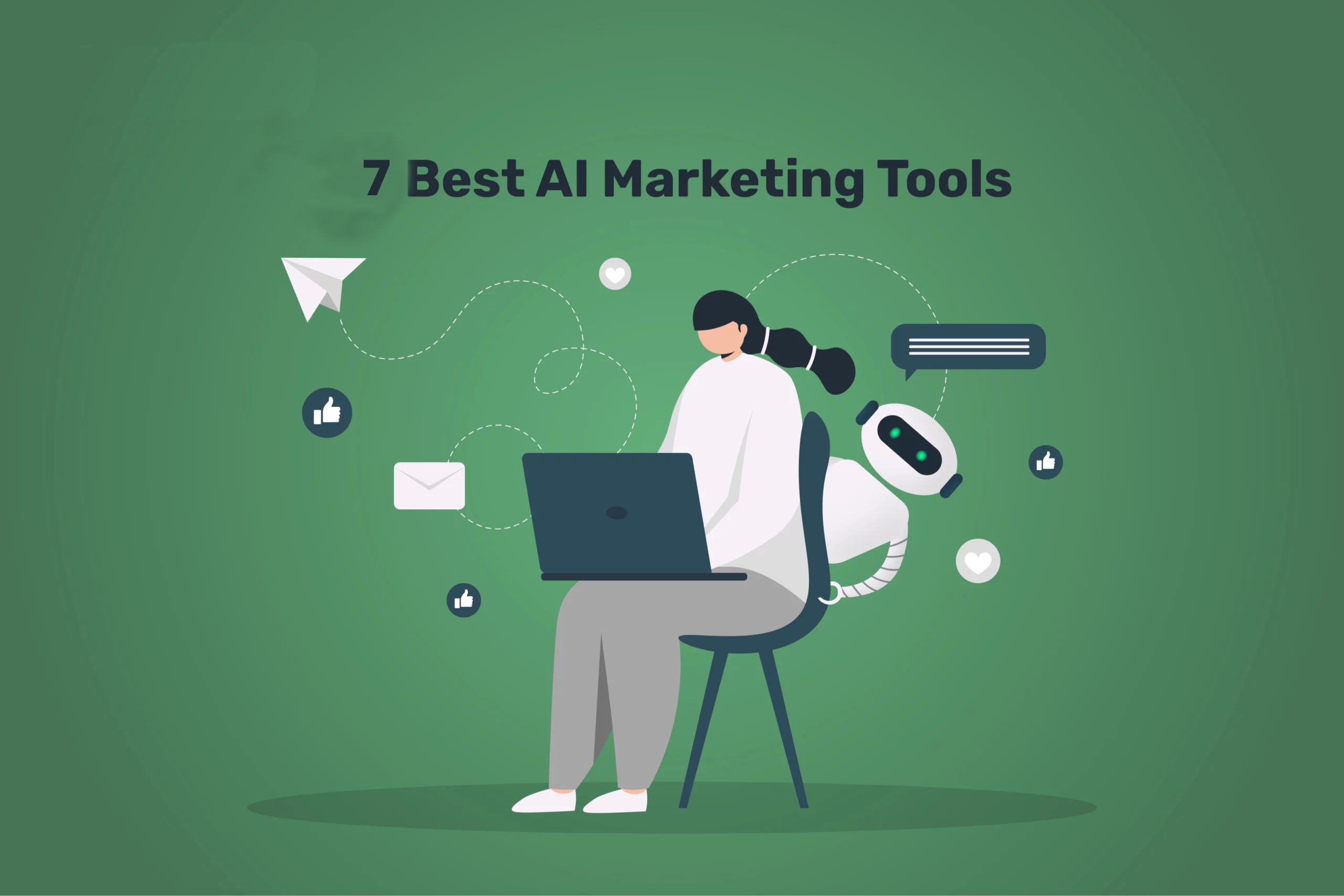Artificial intelligence (AI) transforms how industries operate by automating tasks, analyzing vast amounts of data, and offering solutions that mimic human intelligence. AI tools have become critical in revolutionizing sectors like healthcare, business, education, and beyond.
This article explores artificial intelligence tools’ evolution, types, applications, and future, providing a comprehensive look at how they shape the modern world.
The Evolution of AI Tools
AI has evolved rapidly since its inception. In the early days, AI was limited to rule-based systems that followed strict instructions, often performing only a single task, such as solving mathematical equations or playing simple games. However, significant milestones have pushed AI into the modern landscape. The invention of machine learning in the mid-20th century allowed computers to “learn” from data, adjusting their actions based on new information rather than following static rules.
Further advancements like neural networks, deep learning, and natural language processing (NLP) have made AI tools more powerful and flexible. These developments have enabled AI to perform routine tasks, understand language, recognize images, and make predictions. As AI advances, these tools are becoming more sophisticated, capable of completing complex jobs that once seemed beyond the scope of machines.
Types of Artificial Intelligence Tools
AI tools come in different forms, each serving distinct purposes and industries. Below are some of the main categories of AI tools and how they contribute to modern advancements.
1. Machine Learning Platforms
Machine learning platforms are perhaps the most well-known type of AI tool. These systems can process and analyze vast amounts of data, identify patterns, and make predictions based on that data. Machine learning is widely used in sectors like finance for fraud detection, marketing for personalized recommendations, and healthcare for predictive diagnostics.
2. Natural Language Processing (NLP) Tools
NLP tools enable machines to understand and respond to human language. They power virtual assistants like Siri, Alexa, and Google Assistant, as well as chatbots and translation services. NLP has dramatically improved over the years, allowing machines to interpret text and speech more accurately. This is useful in customer service automation, legal document processing, and content creation.
3. Automation and Robotics

Automation tools streamline operations, making processes more efficient. Robots, for example, are employed in manufacturing to handle repetitive tasks such as assembling products or packaging items. In the business world, AI-based software is used to automate routine tasks such as data entry, scheduling, and even managing emails, freeing up human employees to focus on more strategic work.
4. Computer Vision
Computer vision enables machines to “see” and interpret visual data, such as images or videos. This is essential in fields like healthcare, where AI tools can analyze medical images to detect conditions like cancer. It’s also crucial in self-driving cars, where the system must recognize obstacles, road signs, and pedestrians to navigate safely.
Business Applications of AI Tools
AI tools have transformed business operations, making companies more efficient and better equipped to serve their customers. One of the most common uses of AI is in customer service, where companies implement AI-driven chatbots to handle customer queries quickly and efficiently.
Chatbots can respond instantly to frequently asked questions, improving customer satisfaction while reducing the need for human customer support.
1. Data analysis and predictive analytics
AI tools are also extensively used in data analysis and predictive analytics. Businesses collect enormous amounts of data from various sources—sales, customer behavior, social media trends, and more. AI tools can process this data to uncover trends, forecast future behaviours, and help companies make data-driven decisions. Whether improving a marketing campaign or optimizing inventory, AI enables smarter business strategies.
2. Streamlining operations with automation
Automation, another major AI application in business, helps companies streamline their operations. Routine tasks such as payroll management, scheduling meetings, and inventory management can be automated using AI tools, allowing employees to concentrate on tasks that require creativity and strategic thinking.
AI in Healthcare
The healthcare industry has seen some of the most significant benefits from AI tools. One key area where AI is making a difference is diagnostics. AI-powered diagnostic tools can analyze medical images like X-rays, MRIs, and CT scans, often with accuracy levels that match or exceed those of human doctors. This can lead to earlier detection of diseases and better patient outcomes.
AI also advances personalized medicine, allowing doctors to tailor treatment plans based on a patient’s genetic makeup and health data. For example, AI tools can analyze genetic information and predict how a patient might respond to different medications, leading to more effective treatments.
In addition to diagnostics and personalized treatment, AI is improving administrative processes within healthcare institutions. From scheduling appointments to managing patient records, AI tools help streamline hospital operations, reducing wait times and ensuring that resources are allocated efficiently.
AI in Education
AI tools are increasingly used in education to create personalized student learning experiences. These systems can analyze students’ learning patterns, identifying strengths and weaknesses to tailor educational content accordingly. This individualized approach helps students learn independently and improves overall learning outcomes.
AI also assists educators in administrative tasks, such as grading assignments and managing classroom logistics. By automating these tasks, teachers can spend more time engaging with students and improving their teaching methods.
Interactive AI-powered tools, such as virtual tutors or educational games, further enhance student engagement, making learning more enjoyable and effective.
Ethical Considerations

As AI becomes more integrated into our daily lives, ethical considerations emerge. One significant concern is data privacy. AI tools often require access to large amounts of data, which raises questions about how this data is collected, stored, and used. Ensuring that AI systems handle data responsibly and transparently is crucial.
Another issue is bias in AI algorithms. Since AI systems are trained on data, they can sometimes inherit biases present in the data, leading to unfair outcomes. For example, biased hiring algorithms or facial recognition systems that perform poorly on certain demographics highlight the need for ethical oversight in AI development.
The Future of AI Tools
The future of AI tools looks promising, with advancements in deep learning and neural networks likely to push AI capabilities even further. AI will play a crucial role in emerging technologies like quantum computing, 5G, and the Internet of Things (IoT), unlocking new possibilities across industries.
However, challenges remain. Integrating AI into existing systems can be technically complex, and organizations may resist adopting AI. Moreover, the demand for skilled professionals who can develop, manage, and implement AI solutions continues to grow.
Conclusion
AI tools are transforming industries by automating processes, improving decision-making, and enhancing efficiency. From healthcare and business to education, AI’s impact is undeniable. As we move into the future, AI will continue to drive innovation and open new possibilities, making it essential for businesses and individuals to embrace this technology to stay ahead.





